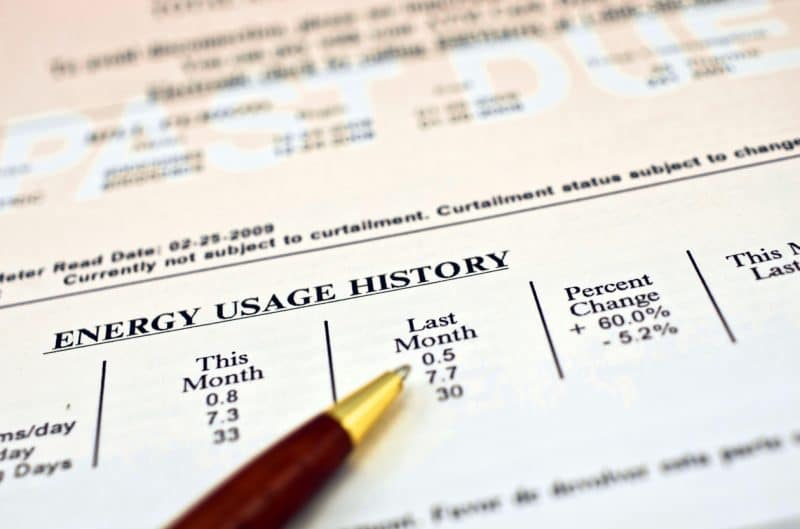
As temperatures plunge or spike, you pay more because you’re using more energy to heat or cool your home. But weather can affect your energy bill in other ways, too.
How High Humidity Drives Up Energy Use
We know something about high humidity in eastern North Carolina, particularly in the summertime. Because warm air holds more moisture than cooler air, summers in areas with frequent rainfall tend to be quite humid.That means the interiors of our homes are likely to have high relative humidity as well.
When relative humidity climbs over the 50 percent mark, we start feeling warm and sticky. The impulse to turn down the thermostat is hard to resist. By keeping the relative humidity lower in the summertime, we can usually manage to maintain the thermostat at a higher temperature and save on the energy bill.
You can manage humidity by keeping a clean air filter in your HVAC system. A dirty filter impedes airflow, and with it, your A/C‘s ability to remove moisture from the air.
Other Weather Events
But high humidity isn’t the only type of weather event that will have an impact on your energy bill. Some events don’t even have to occur in your neighborhood for you to feel the repercussions.
Costs of energy are determined by supply, demand and how much oil and gas are in storage. When demand peaks — say, during a summer heat wave — the energy infrastructure is under pressure to meet that demand. Energy costs may go up accordingly, as more gas is taken out of storage to generate electricity.
Or, in the case of catastrophic storms such as the hurricanes that shut down or damage refineries and power plants, prices can rise dramatically.
Power plants, which need water for cooling, are challenged to produce energy efficiently when air and water temperatures are registering extremely high — as has become common in recent years.
For professional help maintaining and installing more energy-efficient home comfort systems, contact Jackson and Sons of eastern North Carolina.
Jackson & Sons, Inc.
Our goal is to help educate our customers in Eastern North Carolina (including Wayne, Johnston, Greene, Lenoir, Pitt and Duplin Counties) about energy and home comfort issues (specific to HVAC systems).
Credit/Copyright Attribution: “iStock_RoadRunnerDeluxe”

